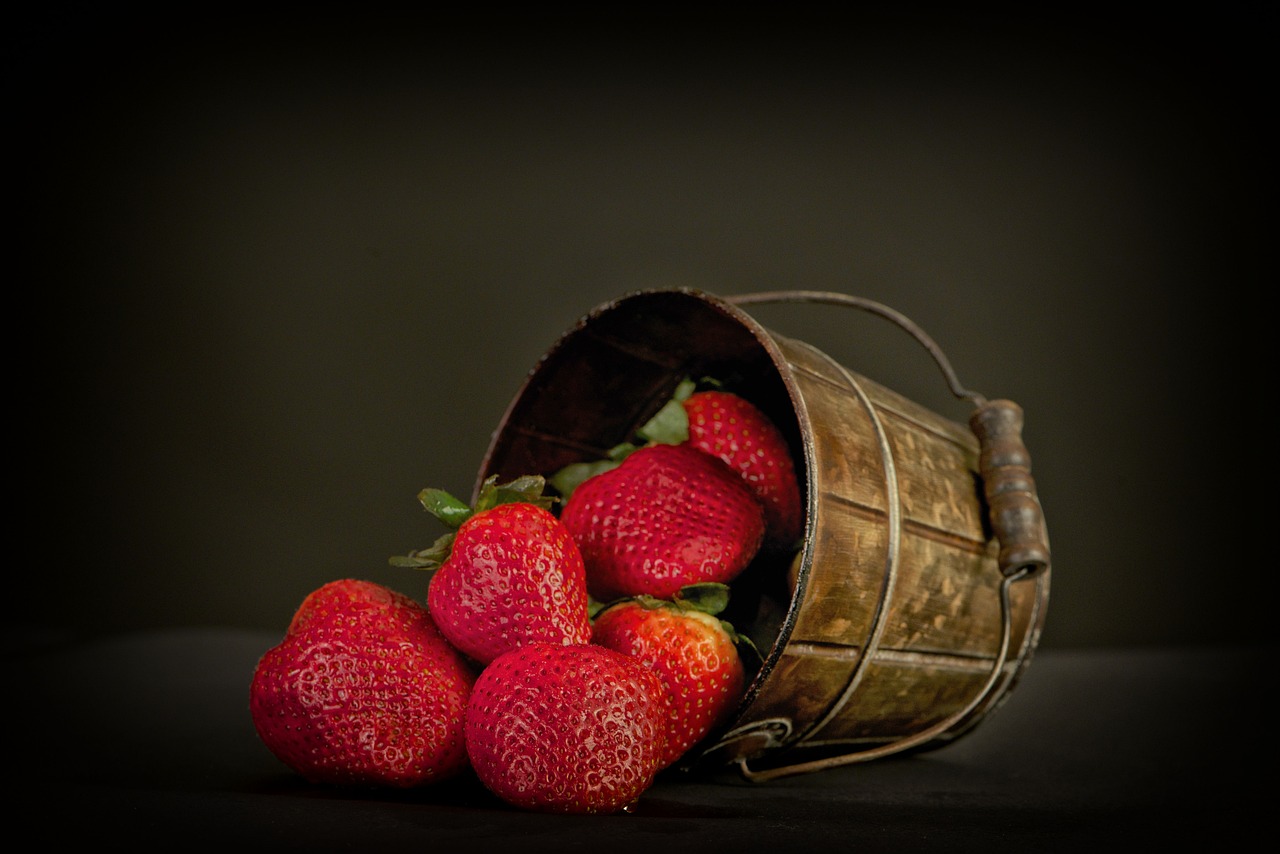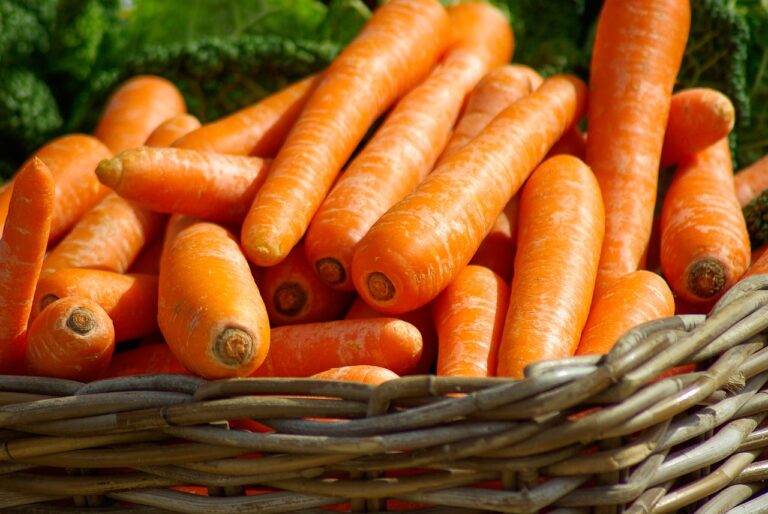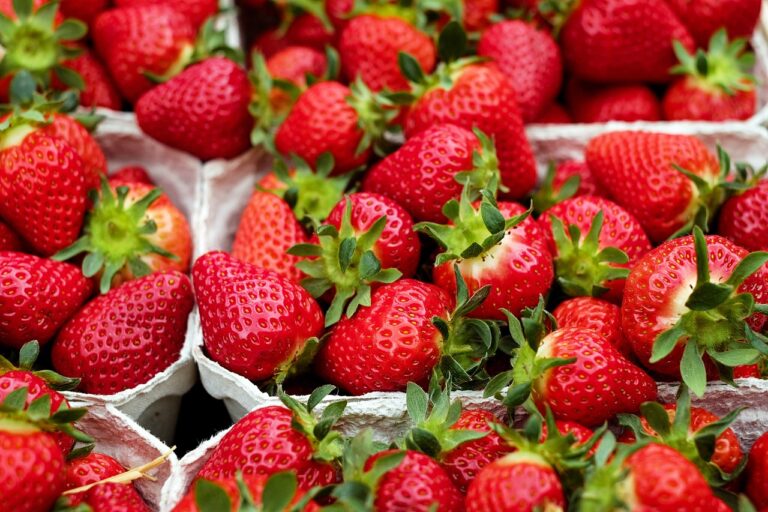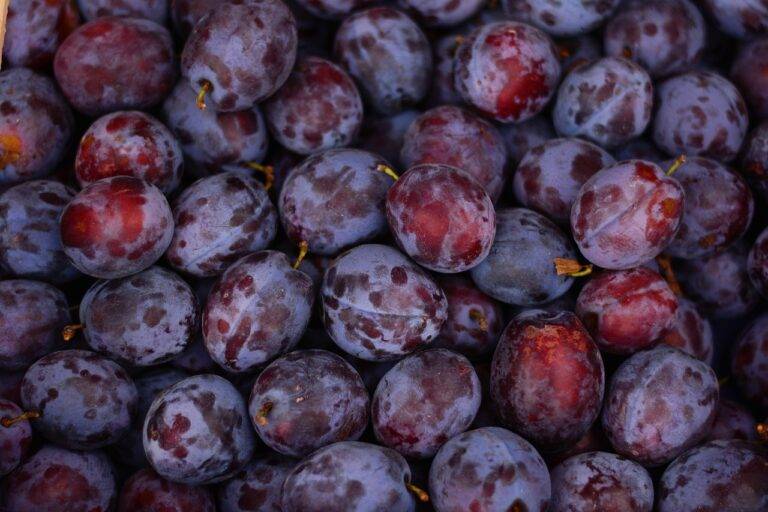The Role of Artificial Intelligence in Food Quality Control
Artificial Intelligence (AI) has revolutionized the food industry by streamlining processes, improving efficiency, and ensuring better food quality and safety. From automating production lines to predicting consumer preferences, AI technology has become a vital tool for food producers and manufacturers. By harnessing the power of AI, businesses can make data-driven decisions, optimize resource allocation, and enhance overall productivity.
One of the key benefits of AI in the food industry is its ability to detect anomalies and potential risks in real-time. Through machine learning algorithms and advanced sensor technologies, AI systems can identify contaminants, spoilage, or quality issues at various stages of food production and distribution. This proactive approach not only minimizes the chances of foodborne illnesses but also helps in maintaining the reputation of brands and ensuring consumer trust.
Challenges in Food Quality Control
Food quality control poses several challenges in the food industry. One of the main issues is ensuring consistency in the quality of food products, especially when dealing with large-scale production. Maintaining uniformity in taste, texture, and appearance becomes increasingly difficult as production volume increases.
Furthermore, another challenge lies in detecting and preventing food contamination. With the ever-evolving nature of contaminants and foodborne illnesses, it is crucial for food quality control measures to adapt and stay ahead of potential risks. Contaminants can enter the food chain at any stage of production, from raw materials to processing and distribution, making it essential for food manufacturers to implement strict monitoring and control systems.
Ensuring consistency in quality with large-scale production
Maintaining uniformity in taste, texture, and appearance
Detecting and preventing food contamination
Adapting to ever-evolving contaminants and foodborne illnesses
Implementing strict monitoring and control systems at all stages of production
Benefits of AI in Enhancing Food Safety
Artificial Intelligence (AI) is revolutionizing the food industry by enhancing food safety standards. AI technologies such as machine learning algorithms can analyze vast amounts of data in real-time to detect any potential food safety risks. By continuously monitoring various stages of food production and distribution, AI can quickly identify contaminated food products and prevent them from reaching consumers.
Another significant benefit of AI in enhancing food safety is its ability to streamline and automate food quality control processes. AI-powered systems can conduct thorough inspections of food items, detecting any abnormalities or defects that may compromise food safety. This proactive approach not only ensures that only safe and high-quality food products reach consumers but also minimizes the risk of foodborne illnesses and contamination outbreaks.
How does artificial intelligence help in the food industry?
Artificial intelligence in the food industry helps in improving food safety, quality control, and operational efficiency through data analysis and automation.
What are some challenges in food quality control that AI can address?
Some challenges in food quality control include detecting contaminants, ensuring proper storage conditions, and maintaining consistency in production, all of which AI can help address through advanced monitoring and analysis.
How can AI enhance food safety?
AI can enhance food safety by quickly identifying potential hazards, predicting food spoilage, monitoring production processes in real-time, and ensuring compliance with food safety regulations.
Does implementing AI in food safety require significant investment?
While implementing AI in food safety does require an initial investment in technology and training, the long-term benefits in terms of improved food safety, quality control, and cost savings far outweigh the initial costs.
Can AI completely eliminate food safety risks in the food industry?
While AI can significantly reduce food safety risks by improving detection and prevention methods, it cannot completely eliminate all risks, as human error and external factors can still play a role in food safety incidents.







